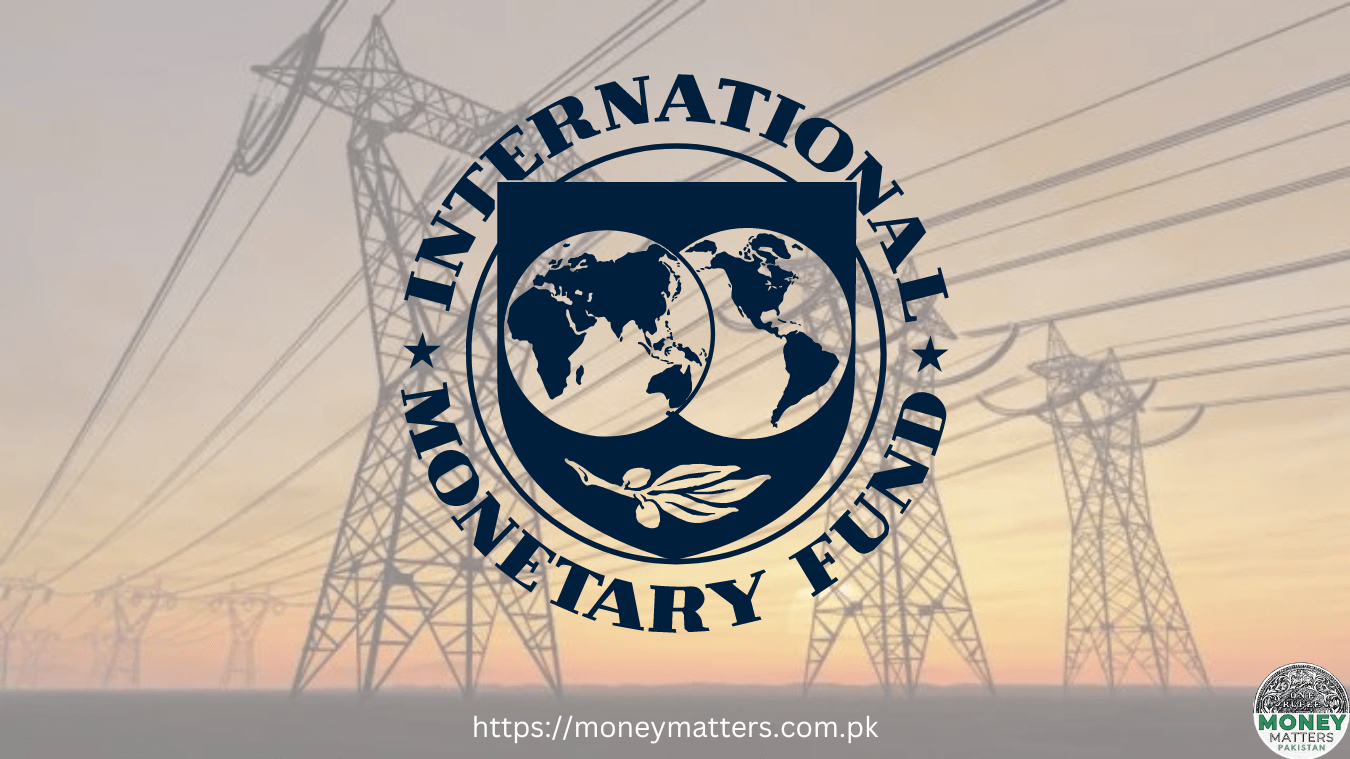Key Takeaways:
– Government subsidies to baseline electricity consumers are under IMF scrutiny.
– Solar power initiatives for tubewells in Balochistan face potential challenges.
– The IMF prefers maintaining consumer reliance on the WAPDA system.
In an editorial titled “Complications with the IMF,” Pakistan Today highlights several pressing issues regarding Pakistan’s energy policies and their interaction with the International Monetary Fund (IMF). The editorial delves into the complexities of government subsidies, solar power initiatives, and the broader implications for Pakistan’s energy sector.
Government Subsidies and IMF Concerns
Pakistan Today’s editorial raises concerns about the government’s attempt to shield baseline electricity consumers from paying the full tariff by cutting the development budget. While this move might balance the books, it contradicts the IMF’s goal of reducing subsidies. The editorial notes, “the aim of reducing the subsidy given to these consumers will be defeated by the government actually increasing the subsidy.” This tension illustrates the challenges Pakistan faces in aligning its domestic policies with international financial expectations.
Solar Power Initiatives in Balochistan
Prime Minister’s announcement to convert 28,000 tubewells in Balochistan to solar power within three months, as part of a larger program to convert all 100,000 tubewells nationwide, has also drawn attention. Pakistan Today highlights the potential friction this initiative might cause with the IMF. The shift to solar power is intended to reduce diesel imports by $3.5 billion annually. However, the editorial points out that, “shifting to solar energy would mean that most defaulting tubewells could go off-grid,” which would undermine the control distribution companies have over these connections.
The IMF’s Perspective on Solar Energy
The editorial explains that the IMF favors keeping consumers within the Water and Power Development Authority (WAPDA) system to ensure continuous payments to Independent Power Producers (IPPs). The IMF’s preference stems from the capacity payments model, where IPPs charge for their capacity regardless of actual electricity production. According to Pakistan Today, “the IMF wants Pakistan to keep consumers paying WAPDA so that it can pay those capacity charges.”
Future Challenges and Recommendations
Looking ahead, the editorial warns of potential challenges as improvements in battery storage technology might allow consumers to go completely off the grid, leaving WAPDA with unused capacity payments. Pakistan Today argues that the government should embrace forward-thinking solutions like solar energy for baseline consumers rather than adhering to outdated models. “There is no need for it to be the accomplice of Big Oil and Big Power,” the editorial states, urging the government to be proactive in adopting renewable energy solutions.
Conclusion
In summary, Pakistan Today’s editorial provides a nuanced analysis of the complications Pakistan faces with the IMF regarding its energy policies. The government’s efforts to subsidize electricity and promote solar power are well-intentioned but face significant challenges and scrutiny from international financial institutions. By addressing these issues thoughtfully, Pakistan can navigate these complications and move towards a more sustainable energy future.




